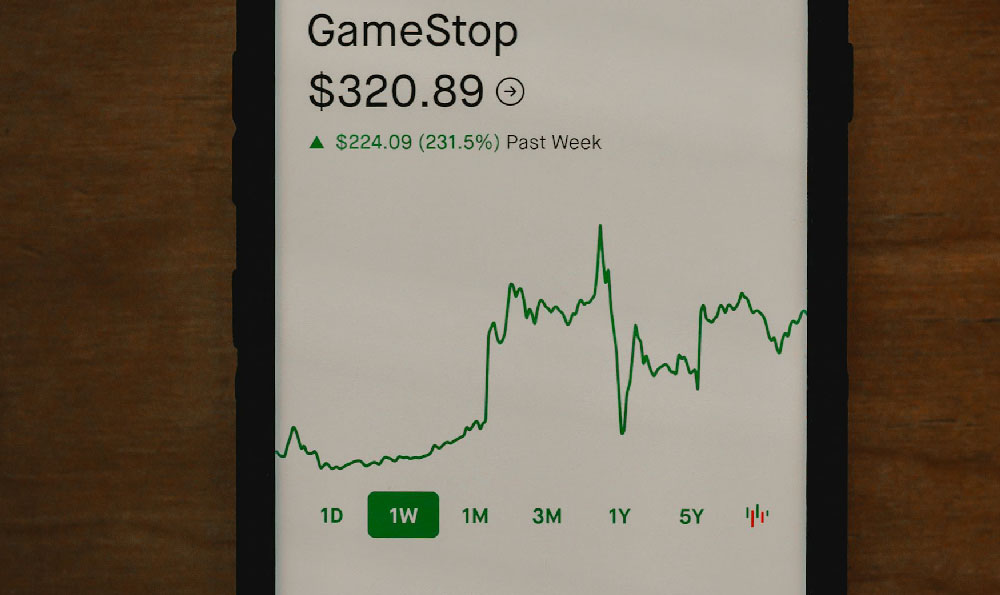Okay, I'm ready. Here's an article addressing the question of Macaulay Culkin's ongoing earnings from "Home Alone," aiming for depth, clarity, and avoiding the structures you requested:
Does Macaulay Culkin Still Profit From Home Alone Royalties & Residuals?
The enduring image of Macaulay Culkin's Kevin McCallister, a resourceful eight-year-old left to defend his home against hapless burglars, is forever etched in cinematic history. "Home Alone," released in 1990, became an instant classic, catapulting Culkin to superstardom and generating enormous wealth for everyone involved. The film's success spawned sequels, merchandise, and a perennial presence on holiday television schedules, raising a persistent question: Does Macaulay Culkin still benefit financially from the "Home Alone" phenomenon, even decades later? The answer, while not publicly transparent in its specifics, can be approached by understanding the fundamentals of Hollywood royalties and residuals, as well as the unique circumstances surrounding Culkin's early career.

To grasp the potential for ongoing income, it’s crucial to differentiate between royalties and residuals. Royalties, in the context of film and television, typically refer to payments made to the rights holders of the intellectual property, which in this case would primarily be 20th Century Fox (now 20th Century Studios, a subsidiary of Disney). These royalties are generated from various sources, including theatrical releases, home video sales (DVDs, Blu-rays), streaming licenses, and television broadcasts. While Culkin, as the actor, doesn't directly receive royalties in the same way as the studio, his contract likely included provisions for residuals.
Residuals, on the other hand, are payments made to performers, writers, and directors when their work is re-used. They are a form of compensation for the continued exploitation of their creative contributions. These payments are primarily governed by collective bargaining agreements between actors' unions (like SAG-AFTRA) and the studios. The amount of residual payments depends on various factors, including the type of media in which the work is being used (e.g., network television, cable, streaming), the number of times it's broadcast, and the performer's initial contract.
Therefore, it’s highly probable that Macaulay Culkin receives residuals from "Home Alone." Given the film's consistent re-airing on television during the holiday season and its availability on various streaming platforms, these residual payments would likely be recurring. The specific amount he receives would depend on the details of his contract, negotiated by his representation at the time. Child actor contracts can be complex, sometimes including provisions for profit participation, which is a percentage of the film's overall profits. While profit participation is typically reserved for major stars with significant bargaining power, it's not entirely out of the question that Culkin's contract included some form of it, given the film's massive success and his central role.
However, it's important to consider the intricacies of child actor compensation. In many cases, a portion of a child actor's earnings is placed in a Coogan Account, a trust account designed to protect the child's earnings from being mismanaged by parents or guardians. These accounts are mandatory in several states, including California and New York, where much of the entertainment industry is based. The money in a Coogan Account is typically inaccessible until the child reaches adulthood, ensuring that they have financial security as they transition into adulthood. While the existence of a Coogan Account wouldn't directly impact residual payments, it highlights the efforts made to safeguard a child actor's earnings.
Furthermore, Culkin's relationship with his parents during his "Home Alone" years was reportedly strained. He later sued his parents over control of his finances, alleging mismanagement of his earnings. This legal battle underscores the potential challenges faced by child actors in managing their wealth and the importance of responsible financial oversight. The outcome of that legal battle undoubtedly influenced how Culkin’s finances were handled moving forward, including the ongoing management of any residuals from "Home Alone."
While it's impossible to pinpoint the exact amount of money Macaulay Culkin currently earns from "Home Alone" residuals, it's reasonable to assume that he continues to receive these payments. The film's enduring popularity and consistent re-airing guarantee a steady stream of income, even decades after its initial release. Moreover, Culkin has also participated in various "Home Alone"-themed commercials and advertising campaigns in recent years, which would undoubtedly generate additional income related to the franchise. His cameo as an adult Kevin McCallister in a Google Assistant commercial during the holidays further cemented his connection to the film and likely provided a substantial payday.
In conclusion, while the specific financial details remain private, all evidence points to Macaulay Culkin continuing to profit from "Home Alone" through residual payments and related commercial endorsements. The film's iconic status and enduring appeal ensure that Kevin McCallister remains a profitable figure, not only for the studio but also, in some measure, for the actor who brought him to life. The exact figure is less important than the principle: the enduring legacy of a child star’s performance continues to generate revenue, a testament to the power of film and the enduring appeal of a classic holiday story. This sustained income stream, coupled with Culkin's subsequent work and investments, contributes to his overall financial well-being, securing his legacy not only as a beloved actor but also as a financially independent individual.











